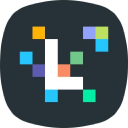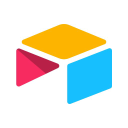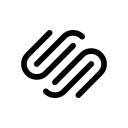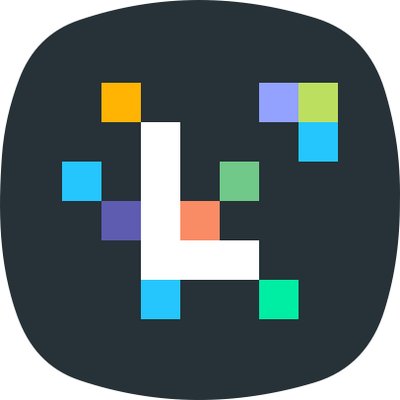Spotify For Clothes: How I Launched A Business Helping Guys Discover New Clothing
Note: This business is no longer running. It was started in 2020 and ended in 2023. Reason for closure: Shut down.
Hello! Who are you and what business did you start?
My name is Brian McEuen, and I'm the founder of On Brand. We help guys shop for clothes online by curating personalized selections as if they were walking into their very own store. We're like Spotify for clothes! Another way to put it: imagine those “Top 25 T-Shirts for this Summer” lists curated just for you down to the right size, fit, style, and color!
Before this, I was a Global Director of Merchandising at the Banana Republic, overseeing a few men's categories, including pants, denim, knits, and accessories. I also recently graduated with my MBA from The Kellogg School of Management.
I recently launched our MVP with On Brand. As of now, I curate highly personalized emails with links to products and information on how to wear clothes and build your wardrobe. I curate these for each user individually so no two users receive the same email. And of course, I only send products that are in stock in your size and fit!
I currently have about 75 users and an annualized revenue run rate of $1800.




















